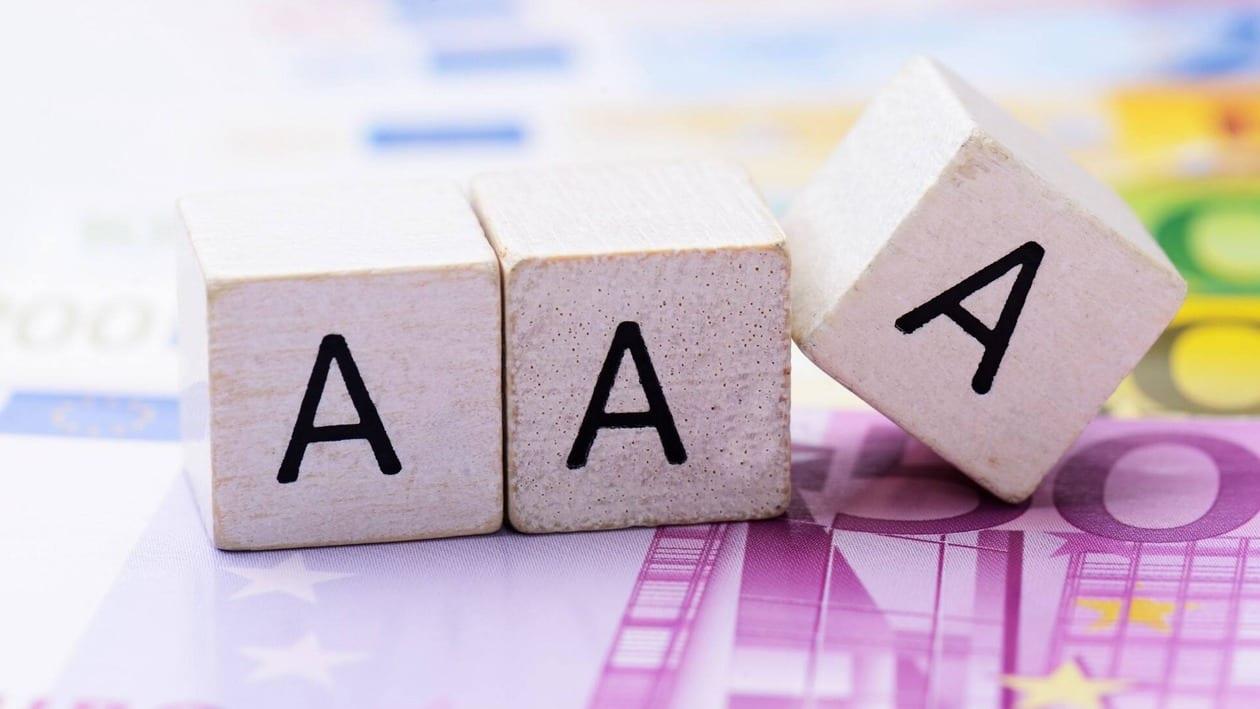Before buying an AAA-rated debt instrument, have you ever thought about the credibility of high credit rating that these instruments flaunt? And importantly, have you considered the trustworthiness of agencies which have given these ratings?
And one should know that that these concerns are not completely unfounded since the markets regulator Securities and Exchange Board of India (SEBI) recently barred Care Ratings’ former CEO and managing director Rajesh Mokashi from associating with any stock market intermediary for two years for manipulating in the rating process.
It was alleged that he had influenced his employees for ensuring favourable ratings towards certain issuers such as DHFL. This action was taken after a whistle blower complained.
So, her we dig deeper and explain what exactly do credit rating agencies (CRAs) do and should one trust them unquestionably?
What is a credit rating agency?
It is an organisation that assigns credit ratings such as AAA, AA and BBB to rate a debtor’s ability to pay back debt by making timely principal and interest payments and whether there is likelihood of default. Popular rating agencies in India include CRISIL, CARE and ICRA.
The debt instruments these agencies rate include government bonds, corporate bonds, municipal bonds, and collateralized securities, such as collateralized debt obligations (CDOs).
The credit rating scale ranges between AAA to C or D, also referred to as ‘junk’.
What about the credibility?
Time and again, their work and functioning is questioned after a financial crisis takes place. It is interesting to note that the rating agencies are paid by the issuers of securities whose debt they rate, giving rise to a conflict of interest.
Also, the bond rating agencies tend to assign good ratings to issuers of debts which are their clients as they battle for the market share.
In 2008 recession when sub-prime crisis happened, the role of credit ratings agencies was condemned by US regulators for assigning high ratings to mortgage-backed security known as collateralised debt obligation (CDOs).
Around 28 percent of these AAA-rated instruments defaulted, as revealed in The Signal and the Noise by Nate Silver.
During the European sovereign debt crisis of 2010–12, rating downgrades were blamed by for accelerating the crisis.
And in India, CARE Rating’s former CEO Rajesh Mokashi is now being investigated by the markets regulator for giving favourable ratings to some issuers of debt instruments like DHFL.
Experts believe that the mistakes have been made in the past by giving good ratings to the companies that eventually defaulted, and such mistakes may even happen again in the future.
So, investors should do their due diligence before investing.
“When it comes to credit ratings, there are chances that the same mistakes may happen again in the future as well. Investors should look at the underlying companies' liabilities and balance sheet. Besides credit rating agencies, fund manager and investors all three must do their due diligence before they invest into a company,” says Sridharan Sundaram, Founder of Wealth Ladder Direct.
